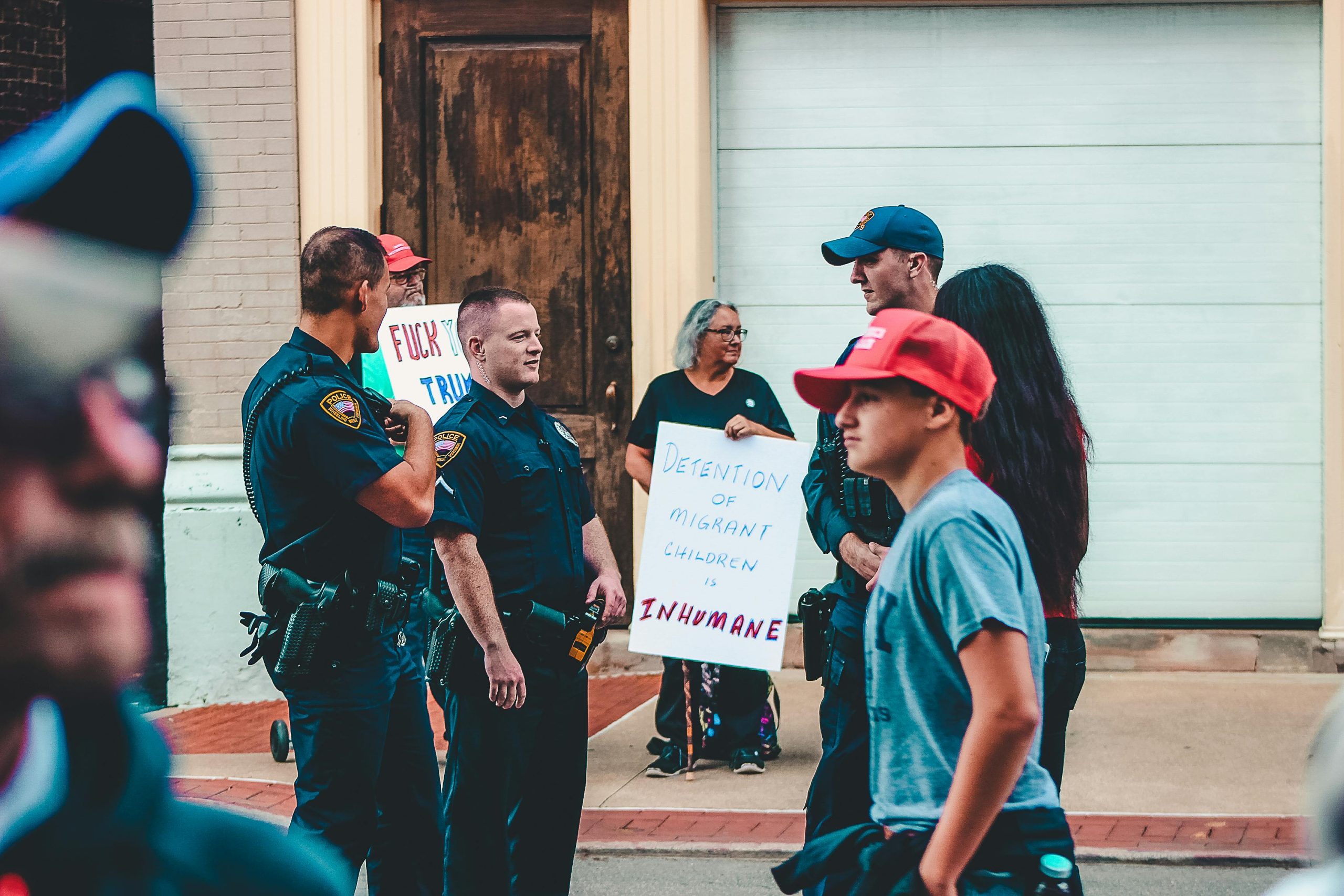Errol Musk’s Inflammatory Remarks on US Demographics: A Deep Dive into Historical Context and Modern Fallout

The public discourse surrounding Errol Musk, the patriarch of the Musk family and father to tech magnate Elon Musk, reached a new apex of controversy in November 2025 following incendiary comments made during an interview. A report by India Today highlighted the global outrage sparked by his assertion that the United States is “doomed” should white Americans become a minority in the coming decades, a claim tied to the alarming resurgence of “white genocide” narratives. The full impact of these pronouncements, however, cannot be accurately assessed without a thorough examination of their historical roots in South Africa and the intense intergenerational scrutiny they have inevitably invited in the contemporary digital media environment.
The South African Historical Dimension
A significant element of the scandal connects directly to Errol Musk’s life and history in South Africa, a nation whose twentieth-century political structure was defined by the extreme racial segregation of Apartheid. The context of his homeland provides a crucial lens through which to view his current pronouncements on race and governance in the United States, particularly given the documented intensity of the historical injustice that defined that South African era. Critics argue that the statements made about American demographics are colored by a perspective shaped by an environment where systemic racial hierarchy was not a fringe theory but an enforced, legal reality for decades.
Dismissal of Apartheid Brutality
Perhaps as inflammatory as the American prediction was the reported defense or dismissal of the systemic oppression that characterized the Apartheid regime. Reports confirm that Mr. Musk, during the same interview—a CNN documentary discussion on the white genocide conspiracy theory—also denied the extent of the suffering and brutality inherent in that era. This minimization of historical, state-sanctioned racial violence against the Black majority is deeply troubling to many observers, as it suggests a fundamental lack of recognition for the concept of widespread, institutionalized racism. By downplaying the severity of Apartheid, the speaker inadvertently—or intentionally—undermines the moral seriousness of discussions about racial equality and historical accountability in the contemporary world.
Alternate Historical Narratives Promoted
Furthermore, the commentary reportedly included an attribution of societal progress in South Africa to the efforts of the white minority, suggesting they were responsible for “feeding” and providing employment for the Black population. This constitutes an adoption of a revisionist historical narrative common among defenders of the former regime, one that centers the economic contributions of the ruling class while minimizing or erasing the profound human cost of disenfranchisement, forced removals, and systemic denial of basic rights. This historical defense serves to legitimize, in the speaker’s view, the maintenance of racial privilege, providing a historical precedent for his anxieties about demographic shifts in the modern West. This background—including his political history in Pretoria from 1972 to 1983—informs the current public perception of his commentary.
The Intergenerational Legacy Factor
The constant spotlight on Errol Musk is, inevitably, inextricably linked to the immense global profile of his son, Elon Musk, the chief executive of several revolutionary technology companies. The actions and statements of a prominent figure’s parent often become an unintended, yet significant, subplot in the public narrative surrounding the successful offspring. This dynamic was certainly at play here, forcing the younger Musk, who has often courted controversy himself, into a position where he must navigate the fallout from his father’s highly charged rhetoric, thereby drawing media attention back to the family’s complex dynamics.
The Shadow Cast Upon the Musk Name
The association immediately casts a shadow over the entire Musk name, regardless of any official disavowal or distance the younger Elon may attempt to create. In the court of public opinion, high-profile families are frequently judged by the lowest common denominator of their public behavior, and in this case, the controversy centers on deeply offensive racial commentary. The sheer scale of the younger Musk’s influence in technology, finance, and even space exploration means that any scandal attached to his lineage receives magnified global scrutiny. The conversation quickly shifted from what Errol Musk said to what this implied about the values present within the private sphere of one of the world’s most influential families.
Public Scrutiny of Parental Influence
The event intensified the public’s ongoing scrutiny of the relationship between the elder and younger Musk, especially given previous reports concerning strained ties and past allegations, such as Errol Musk fathering children with his stepdaughter. This context adds a layer of psychological and biographical interest to the news cycle. Observers and analysts began to dissect the relationship, attempting to determine the extent of influence the father’s worldview may have exerted on the son, or conversely, the degree of separation the son has intentionally established from his father’s controversial perspectives. This scrutiny often veers into speculation about formative years and inherited ideologies, making the story less about the statement itself and more about the psychology of influential dynasties.
Media Amplification and Digital Dissemination
Once the initial spark of controversy ignited following the televised interview, the story rapidly achieved critical mass across the digital ecosystem. The nature of the statement—combining race, a major public figure’s family, and a predicted national collapse—made it irresistible content for aggregation, commentary, and sharing across virtually every digital platform available. This amplification process transformed a singular interview moment into a sustained news cycle event that required constant attention from various media outlets as of November 2025.
Trajectory Across Social Media Spheres
Social media platforms served as the primary engine for both spreading the initial shock and fueling the subsequent analysis and debate. Short clips and direct quotes, stripped of some of their original context but retaining their emotional charge, were shared thousands of times per minute across platforms like X (formerly Twitter) and others. Hashtags dedicated to the event trended globally in the days following the November 2025 interview, reflecting intense user engagement across ideological lines—from those sharing memes of outrage to those attempting to offer nuanced critiques of the speaker’s worldview. This rapid, decentralized sharing mechanism is what cemented the story’s status as a major trending topic, ensuring its longevity beyond the initial twenty-four-hour news cycle.
The Role of International News Aggregators
Beyond the user-driven sphere of social media, international news aggregators and wire services played a crucial role in ensuring the story became a fixture in global news digests. Reports like the one referenced in the prompt began to appear on portals dedicated to international news, confirming the story’s reach extended well beyond the United States and South Africa. These aggregators served to cross-pollinate the coverage, ensuring that media outlets in Asia, Europe, and elsewhere covered the event, often framing it through their own national or regional lenses regarding race relations and demographic change. This widespread syndication confirmed the event as a matter of global, not merely local, interest.
Analyzing the Fallout and Backlash
The reaction to the statements was not limited to online chatter; it manifested in formal condemnations and tangible consequences across various sectors of public life. The very nature of the claims—being seen as racially incendiary and historically revisionist—triggered predictable and significant backlash from organizations dedicated to civil rights and factual accuracy regarding historical events. This fallout demonstrated the high social cost associated with propagating such narratives, even when delivered by a relative of a prominent global figure.
Condemnation from Advocacy Groups
Civil rights organizations and groups monitoring hate speech and extremist narratives were among the first to issue formal rebukes following the November 2025 broadcast. These statements typically focused on the danger of mainstreaming conspiracy theories like “white genocide” and the irresponsibility of downplaying the horrors of Apartheid. The criticism served to clearly delineate the boundaries of acceptable public discourse, reinforcing that certain historical and demographic claims are considered outside the bounds of legitimate political debate due to their association with ideologies rooted in racial supremacy. Such coordinated condemnation acts as a social circuit breaker against the normalization of fringe rhetoric in the current climate.
Political Commentary and Repercussions
The incident also elicited responses from political figures, who were faced with the challenge of addressing a controversy tied, however loosely, to a major business figure whose influence spans various governmental and regulatory arenas. Politicians on both sides of the aisle, though perhaps for different reasons, often felt compelled to comment, either by criticizing the sentiment expressed or by using the occasion to critique the media environment that allows such views to surface. This political dimension ensures the story remains elevated, as elected officials have a vested interest in framing public discourse on issues of race, national identity, and the perceived threats facing the nation, making the fallout a subject for formal political deliberation. This event occurred amidst other US political debates regarding immigration, such as proposed bills to freeze immigration or end the H-1B visa program, highlighting the heightened sensitivity around demographic change in late 2025.
Broader Implications for Public Discourse
Ultimately, the intense focus on Errol Musk’s commentary serves as a vital case study in the current state of public discourse, revealing underlying anxieties and the mechanics by which incendiary ideas gain traction in a hyper-connected world. The entire episode highlights the ongoing tension between free expression and the responsibility that comes with a significant public platform, whether earned directly or inherited. Analyzing the event allows for a deeper examination of how fear-based narratives are constructed and disseminated in the modern media landscape as we navigate the demographic shifts projected to occur in the US around 2045.
Normalization of Extreme Viewpoints
One of the most significant, long-term implications of such an incident is the risk of normalizing extreme or unfounded viewpoints. When an assertion like the “doom” of the nation based on demographic change is given airtime and then debated for days across news platforms, it subtly shifts the center of acceptable conversation. The sheer repetition, even in the act of condemning the statement, ensures familiarity with the core concept, potentially making the underlying fear less shocking to future audiences. The challenge for society is to vigorously challenge such claims without inadvertently granting them an undeserved platform through endless engagement.
Future Trajectory of Demographic Debates
This controversy will likely become a recurring touchstone in future discussions regarding American demographics. It provides a stark, quotable example of the most alarmist interpretation of demographic data, a narrative that will be used by those arguing for stricter immigration policies or cultural conservatism. Conversely, it will also be utilized by advocates for diversity and inclusion as a prime example of the prejudiced and ahistorical thinking that must be countered with factual education and inclusive policy. The event has effectively set a new, albeit negative, benchmark for the rhetoric surrounding America’s evolving multicultural identity, influencing how these sensitive topics are broached for years to come across various media outlets and policy debates. Furthermore, the context of Elon Musk’s own controversial stances, including his recent praise for Vladimir Putin in mid-2025 and his ongoing involvement in South African political discourse, ensures that any comments from the elder Musk will continue to be viewed through a magnified lens of inherited ideology and family dynamics.










